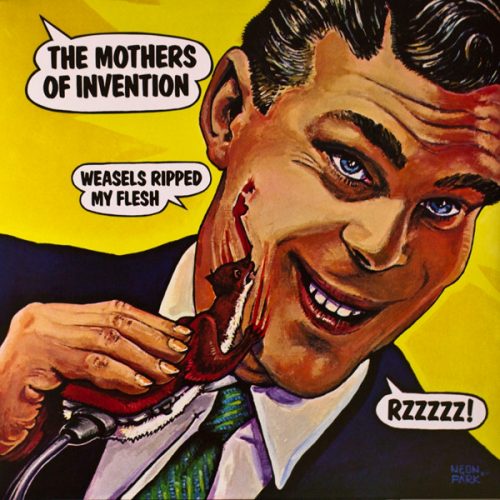With my last couple of book and music list, I said I’d be releasing these posts more often. True to form, here’s a new one for November!
Books
Douglas Boin – Alaric the Goth
I’ve had an interest in Roman history for a long time. And like many people who grew up Catholic, I chose Latin as my foreign language in college. While Boin’s biography of Alaric satisfies some of that, he chooses to do something a bit more interesting with it.
For anyone unfamiliar with Alaric, he was the Gothic leader who led the army that sacked Rome in 410 CE. But he was also an immigrant to the Roman Empire who served in Emperor Theodosius’s army in the late fourth century. Boin uses this as his point of departure in studying Alaric, comparing his immigrant tale to those of modern times.
Immigrants to the Roman Empire had many rights, at least on paper. They could serve in the army, practice any trade, become citizens with a bit of help from the Emperor, and raise families in better conditions than those outside the imperial borders. Yet they remained a marginalized group. Roman society discriminated against them and undervalued their labor. Immigrants resented this, and Roman conservatives pushed harder for anti-immigrant policies.
Sound familiar?
Joan Didion – Democracy
Joan Didion wrote here what amounts to a ‘current events’ version of a Woody Allen movie. Like Allen, she focuses on the lives and neuroses of the upper-middle class. Unlike Allen, her subjects are bureaucrats and politicians rather than artists, philosophers, or eccentrics. Everyone’s having an existential crisis in this ‘novel,’ and no one handles it well.
I put ‘novel’ in quotes above because this isn’t quite a novel. Rather, the narrator – Didion herself! – describes the novel she would write. Along the way, she describes all the characters and events. It’s really more a roadmap for a novel than a novel itself. I didn’t take all that well to the style, but others might.
John Williams – Augustus
I read Williams’s Stoner some time ago. And the book pleasantly surprised me. This one perhaps even more so, though Stoner is still the better novel.
Williams writes about Roman emperor Augustus through a series of fictional ‘letters’ from important figures in his life. Collectively, these letters paint a portrait of an emperor who’s pretty similar to a Williams protagonist: vaguely disappointed with life and increasingly wise and accepting of the role life bestowed upon him.
As with Stoner, I’d highly recommend it.
Music
Herbie Hancock – Mwandishi
Most Americans know Miles Davis. Even if they don’t listen to his music, they know him as a cultural icon. Unlike Davis, most Americans who know his former Miles Davis Quintet member Herbie Hancock know him as the punchline of a Chris Farley joke in the mid-1990s film Tommy Boy. That’s a shame.
In fact, Hancock has been a consistently innovative jazz musician for more than 50 years. His work ranges from jazz fusion to funk to electronic music. In my opinion, Mwandishi (1971) was where he best put these things together.
The Mothers of Invention – Weasels Ripped My Flesh
I wrote about Frank Zappa’s album Hot Rats in a previous list. Unlike that one, this album is with his full band in the late 1960s. However, Zappa released it after the band split up in 1969. But like Hot Rats, this album largely departs from frat boy antics and jumps into more improvisational jazz territory.
As far as that material goes, Weasels is pretty accessible. And it has a lot of great guitar and electric violin work.
